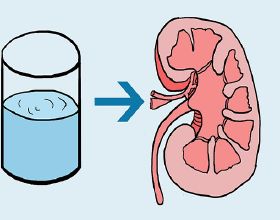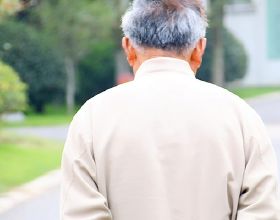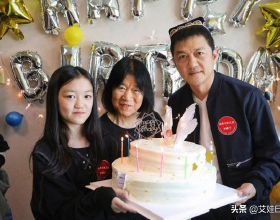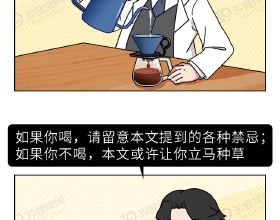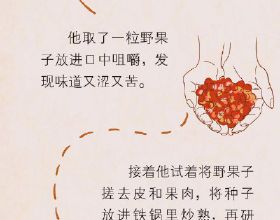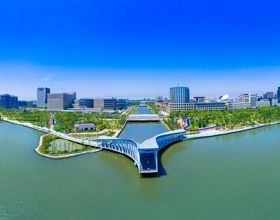上班前喝杯咖啡喚醒一天是越來越多打工人的選擇。人們將咖啡作為一種晨間能量飲料,對抗疲勞保持清醒。但是,也有一部分人喝咖啡後反而感覺更困了,這是為什麼呢?

The reason we get tired throughout the day is because a neurochemical called adenosine builds up and passes through receptors, which causes nerve cells to become less active and blood vessels in your brain to dilate. In short, your body gets the message that it’s time to rest. But since caffeine resembles adenosine, it binds to these receptors instead—blocking the actual adenosine from passing through and preventing your body from slowing down.我們之所以會感到疲勞是因為一種叫做腺苷的神經化學物質在體內積累並和腺苷受體結合,這會導致神經細胞變得不活躍,大腦血管擴張。簡而言之,你的身體就會接收到休息的訊號。但由於咖啡因與腺苷相似,它會與這些受體結合,從而阻止腺苷與受體結合,讓人保持清醒。
Though caffeine can keep you awake for a while in this way, it doesn’t cause all that adenosine to vanish forever. “Just because our brain is no longer processing the adenosine doesn’t mean it stops producing it,” Michelle Worley, a registered nurse, told PureWow. “When the caffeine inevitably wears off, you’re left with an adenosine buildup which makes you feel even more tired.”
雖然咖啡因可以讓你清醒一段時間,但它不會讓腺苷永遠消失。註冊護士米歇爾·沃利告訴PureWow網站:“我們的大腦僅僅是不再對腺苷做出反應,但並沒有停止生產腺苷。當咖啡因不可避免地消失時,體內積累的腺苷會讓你感覺更累。”

Photo by Chevanon Photography from Pexels
It’s not unlike getting a burst of energy after eating something sugary, only to crash soon after. And speaking of sugar, if your go-to coffee concoction involves lots of it, that could contribute to post-coffee fatigue, too. There’s also the possibility that caffeine’s diuretic quality can cause dehydration, which can make you feel tired (though some studies have suggested that caffeine doesn’t dehydrate us nearly as much as we’ve been led to believe).
這和攝入一些高糖食物後迅速補充能量,但很快就會消耗掉是一個道理。說到糖,如果你喝的咖啡中含有大量的糖,也可能會導致喝咖啡後更加疲勞。還有一種可能性是咖啡因的利尿性會導致脫水,這會讓你感到疲勞(儘管一些研究表明咖啡因不會像我們所認為的那樣導致脫水)。
Lastly, you may have built up such a high tolerance for caffeine that a cup of joe just doesn’t perk you up like it used to.
最後一個原因是,你可能已經對咖啡因有了很高的耐受力,一杯咖啡已經不能像過去那樣讓你振作起來了。
來源:Mental Floss編輯:董靜
來源:chinadaily.com.cn



